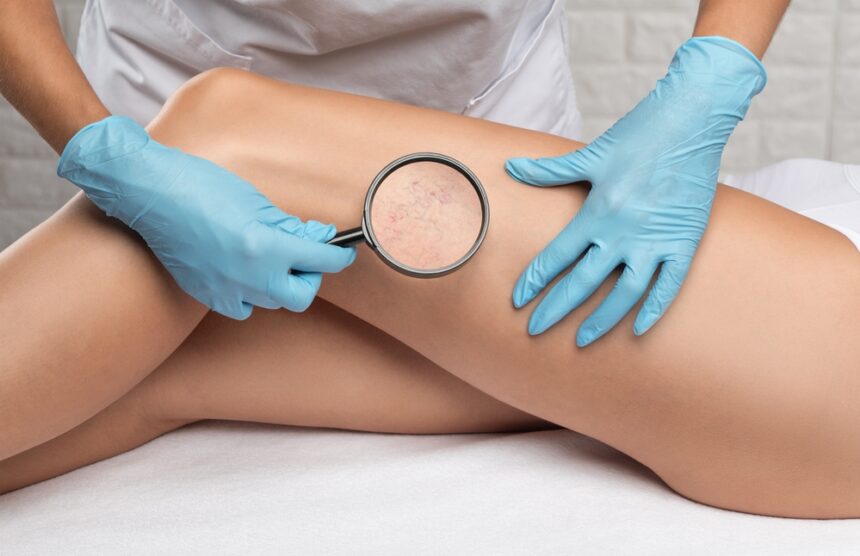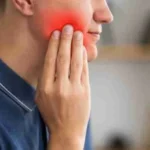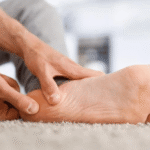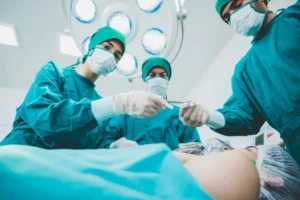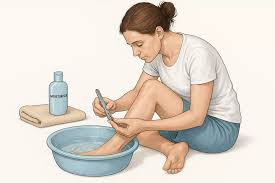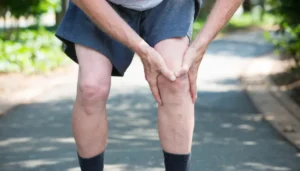Living with varicose veins can bring up many questions about your health and treatment options. These enlarged, twisted veins, often appearing on the legs, may cause discomfort and may lead you to seek professional guidance. A vascular specialist is a doctor who focuses on the circulatory system, including the veins. They can provide a clear path forward by assessing your specific situation and explaining the available approaches to manage varicose veins. Understanding their role can help you feel more confident in taking the next step.
Which Treatments Are Most Effective?
A vascular specialist will evaluate your varicose veins and overall health to suggest a suitable treatment plan. Modern procedures are often minimally invasive, allowing for a quicker return to your daily activities. These treatments focus on closing or removing the affected veins, redirecting blood flow to healthier ones. The specialist will walk you through the specifics of each option, helping you understand what to expect during and after the procedure.
Many current treatments are performed in an office setting and do not require a hospital stay. Your doctor will discuss which approach aligns best with your needs. A list of treatment options includes:
- Sclerotherapy: This procedure involves injecting a solution directly into the varicose veins. The solution causes the vein to scar and collapse, forcing blood to reroute through healthier veins. Over time, the treated vein fades.
- Endovenous Thermal Ablation: Using either radiofrequency or laser energy, this technique heats the inside of the vein wall. The heat causes the vein to close and seal shut. The body then naturally absorbs the treated vein.
- VenaSeal™ Closure System: This method uses a medical adhesive to close the affected vein. The specialist inserts a small amount of the adhesive into the vein, which seals it shut. Blood is then redirected to nearby healthy veins.
- Ambulatory Phlebectomy: For larger surface varicose veins, a specialist may perform this procedure. It involves removing the veins through a series of small skin punctures. The procedure is typically done under local anesthesia.
The specialist’s goal is to find the treatment that offers the best outcome for you. They will review your medical history and the condition of your veins to make a recommendation.
When Is Surgery Recommended?
Surgery is typically reserved for cases where varicose veins are particularly large or when other treatments may not be suitable. A specialist might suggest a surgical option if the veins are causing significant symptoms or complications. Procedures like vein ligation and stripping involve tying off an affected vein and removing it through small incisions.
Your doctor will carefully explain the reasons for recommending surgery over other methods. They will discuss the procedure in detail, including preparation and recovery. The decision to proceed with surgery is made together, based on your health and the specialist’s evaluation of your venous condition.
How Do Lifestyle Changes Help?
Alongside medical treatments, a vascular specialist may suggest certain lifestyle adjustments. These changes may help manage symptoms and support your overall vein health. Simple modifications to your daily routine can make a noticeable difference in how your legs feel.
Your specialist might recommend regular exercise, such as walking or swimming, to promote good circulation. They may also discuss the benefits of maintaining a healthy weight to reduce pressure on your veins. Elevating your legs when resting can also provide relief. In some cases, wearing compression stockings is advised to help support blood flow and reduce swelling. These practical steps can complement any procedure you may undergo.
Consult a Varicose Veins Specialist
Consulting with a vascular specialist allows you to get a proper diagnosis, discuss your symptoms, and develop a personalized treatment plan. If you’re experiencing discomfort or are concerned about the appearance of your veins, taking this proactive step may help you feel better and improve your vein health. Reach out to a qualified specialist today to explore your options and start your journey toward healthier, more comfortable legs.


